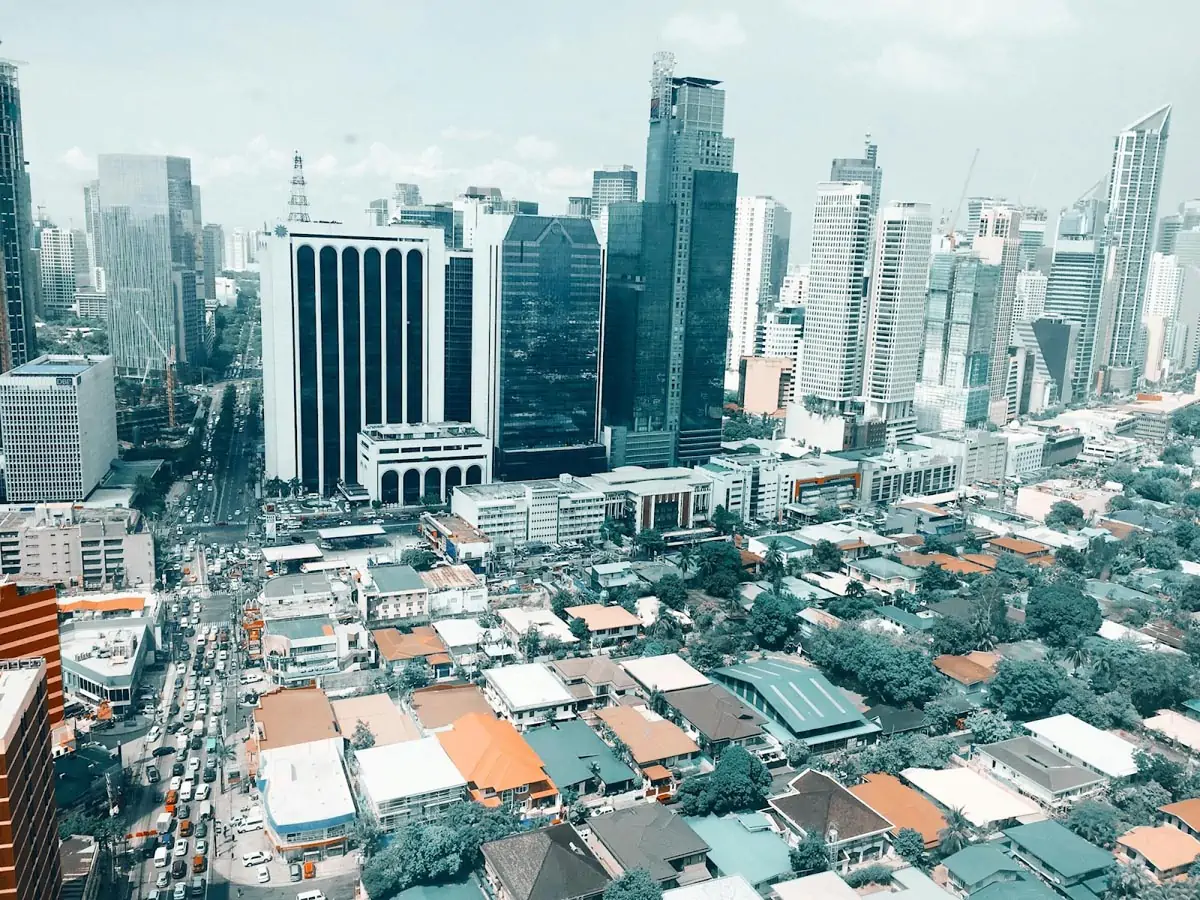The Philippines is expecting to see its tourist arrivals rise this year, thanks to positive reviews of travel experts, business organizations and serial travelers. US-based business magazine Forbes has listed Metro Manila as one of the 10 best budget travel destinations for 2016. The National Capital Region was ranked fourth among affordable travel destinations in the world.
“The Philippines has long been overlooked as a Southeast Asian travel destination, but it’s now starting to attract the attention it deserves,” says Forbes contributing writer Alexandra Talty.
Explore the wonders of Metro Manila by living at its very heart. There is a wide array of condo renting options for tourists and vacationers, whether for short- or long-term accommodations. Before sealing a renting agreement with a lessor, here are 12 things you need to know when renting a condo in the Philippines for your next vacation.
It may bore you to tears, but you’ve got to read the fine print
Studies suggest that people rarely read the fine prints of the agreements they sign. This is evident in signing up online services or purchasing retail products.
Before signing off the Contract of Lease, do yourself a favor and read each provision of the agreement. The usual contents of a contract for a condo rental in the Philippines include the information about the lessor and the lessee, specifications of the leased premises, rental rate, terms of payment, term of lease, and rules and regulations.
You’re not planning on staying here forever, are you?

Photo Courtesy of stokpic.com via Pexels
Short-term renting in the Philippines can involve a few days to a couple of months. In some cases, lessors would allow contract renewal after six months. The term of lease is stipulated in the agreement and can influence your rental rate. It is usual practice in the Philippines that lessors offer discounts to lessees signing up for a 3-month contract or longer.
As a general rule, if the period of the lease has not been fixed, it is understood to be from year to year, if the rent agreed upon is annual; from month to month, if it is monthly; from week to week, if the rent is weekly; and from day to day, if the rent is to be paid daily.
Don’t forget the security deposit!
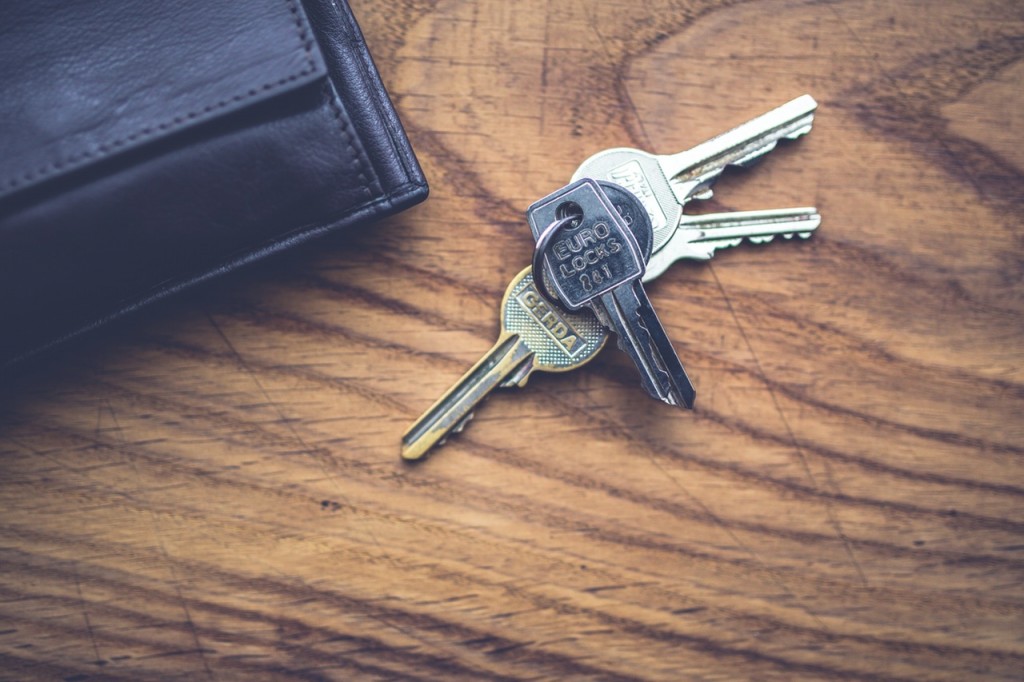
Photo Courtesy of kaboompics.com via Pexels
Condo renting in the Philippines constitutes the usual intricacies of leasing anywhere else in the world. Take note of the security deposit stipulated in the Contract of Lease. Typically, this amount is equivalent to the monthly rent. For short-term accommodation, this may be around the 30 to 50% of the total rental fee due.
The security deposit shall answer for damages and other monetary liabilities at the end of the contract. This, however, does not cover rental payments. You will be refunded the remaining balance within a specified period after the expiration of the lease.
Check if the TV cable has Walking Dead as promised
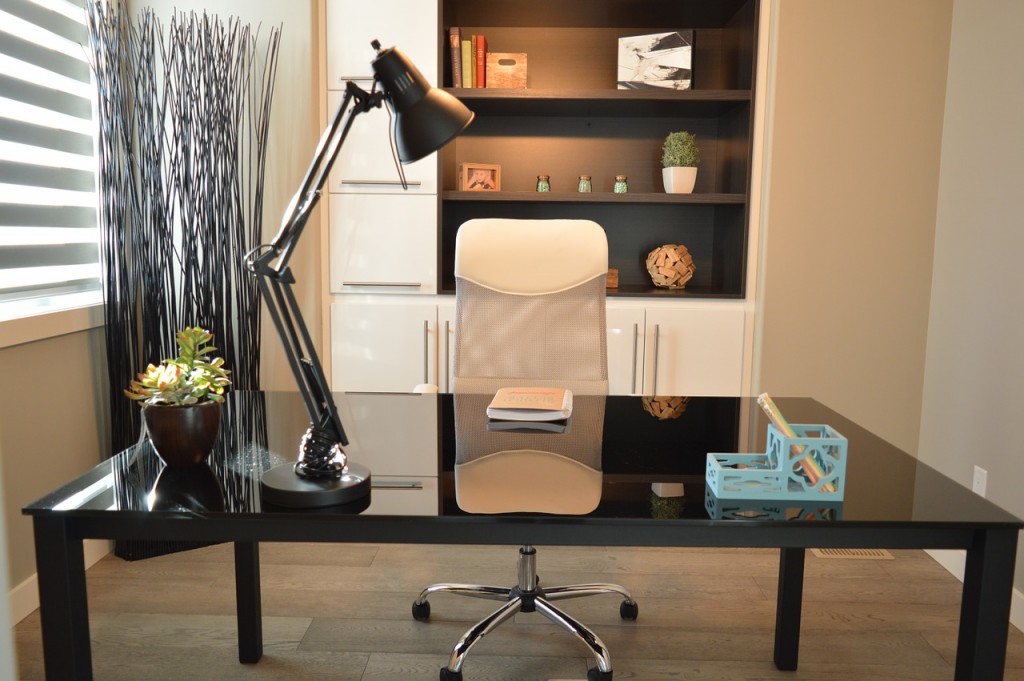
Photo Courtesy of ErikaWittlieb via Pixabay
An undeniable benefit of renting a condo unit is access to essential home amenities such as a fully-equipped kitchen, an entertainment system, and clean and comfy beddings. All you need are the clothes on your back, and probably a pair of sunglasses.
If you booked your unit via online travel platforms, it is advisable to contact the lessor or leasing officer to confirm the inclusive furnishings in the unit. The Contract of Lease should also state an inventory of the items in the leased premises as well as the conditions they were in when the lease starts.
In the absence of a statement concerning the condition of the unit at the time the lease was constituted, the law presumes that the lessee received it in good condition, unless there is proof to the contrary.
Taxes, taxes, taxes
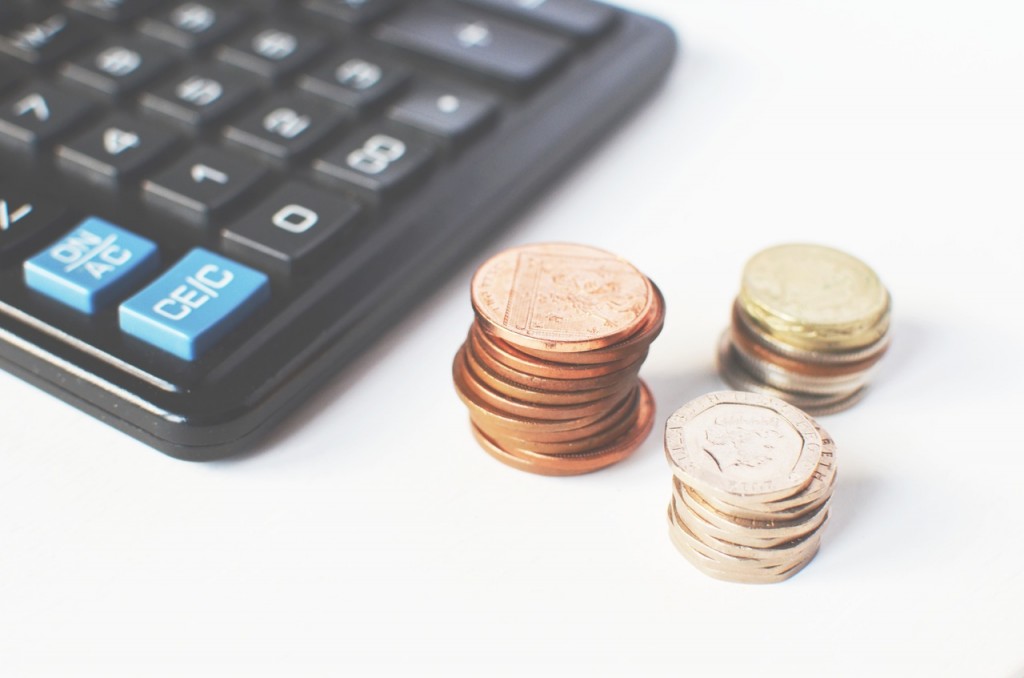
Photo Courtesy of pexels.com via Pexels
Death and taxes are the only things constant in the world. The Philippines imposes various types of taxes on both the seller/lessor and the buyer/lessee. One important detail to take note of is whether you’d be subject to direct or indirect tax. There is also a 12% Value added Tax (VAT) levied on some goods and services.
No need to worry, though. Most rental rates are inclusive of VAT and other applicable taxes, and the obligation of accounting this in favor of the government is lodged on the lessor. Review the Contract of Lease to confirm whether your rent or other payments (e.g. parking fees, association dues) are inclusive of taxes.
Electricity bills, association due and other sundry expenses you can’t miss
Your vacation rentals are not confined to rents and parking fees. If you are currently doing your budgeting for your Philippine tour, add in the cost of water, electricity, Internet use and association dues. The rate of utility bills depends on the location of your preferred condo for rent. DMCI Homes has numerous projects across Metro Manila and in key provincial locations including Boracay.
Generally, water and electricity rates are highest in the Metro, mainly due to the law of supply and demand. The association dues answer for the maintenance of common areas in the condo project such as the lobby, the pool area, and lounges. The good news is most lessors include utility bills and association dues in the rental fees. This is usual practice for tourists and vacationers staying for a few days or weeks. If this is the case, make sure it’s explicitly indicated in your lease agreement.
Parking fees to secure your beloved car
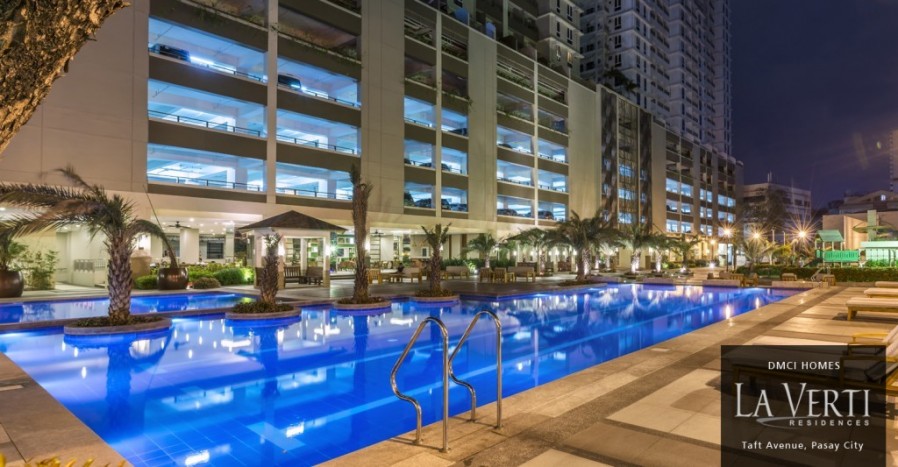
Photo Courtesy of DMCI Homes
Before bringing in your car, it is advisable to call up your lessor or leasing officer to know if your contract includes the use of a parking slot. Parking spaces in nearly all condo projects in the Philippines are limited. If you’re among the lucky ones to rent a condo in La Verti Residences, you’d have access to a 5-level parking podium. The rent for a parking slot is separate from your condo lease so make sure you inquire about this before signing your contract.
Know the rules and regulations in your temporary community
Condo living is changing the way Filipinos embrace the urban lifestyle. It offers the comforts of a laidback atmosphere at the heart of busy business districts. It’s like an oasis in the middle of a beautiful chaos. Condo community living, like any other social structure, demands order from all owners, tenants and visitors. The Rules and Regulations portion of your contract is something you should not simply skim. Read it carefully and let a companion review it as well before you sign your consent.
The Rules and Regulations shall state the number of occupants allowed at any given time, prohibited activities inside the condo unit (e.g. house parties, smoking or too loud music), whether you can bring your pets or not and the penalties for any violation of the rules. Don’t be shy to ask any item you can’t understand. You can always approach the wonderful people at DMCI Leasing for clarifications.
Because there may be changes in your vacation plans
Who knows? Perhaps the sunny weather and the majestic sunsets can urge you to go for long-term renting in the Philippines. In the event you decide to stay in the country longer, you can ask your lessor for a renewal of your Contract of Lease. The agreement typically provides for this. Lessors normally require lessees to signify their intent to renew their contract a few days before the expiration of the lease.
If, however, you would need to leave early, you may be subjected to a pre-termination fee. This basically answers for the loss of income incurred by your shortened stay. Aside from the pre-termination fee, some lessors also forfeit the remaining advance rental monies and the security deposit for the leased condo.
Whether you are staying in the Philippines for a few days or a couple of months, set sufficient time to check your accommodations. Travel consultants, online booking companies and leasing experts such as DMCI Leasing can help (and they do help a lot). But it is still advisable that you take the extra effort of checking the details of the rental fees, the furnishings and other factors involved in the leasing agreement. You don’t have to be well-versed in Philippine laws. You just need to read the contract carefully, ask the right questions and deal with the right people.






